Lawyer slams Ghana, ECOWAS over silence on Togo’s constitutional crisis
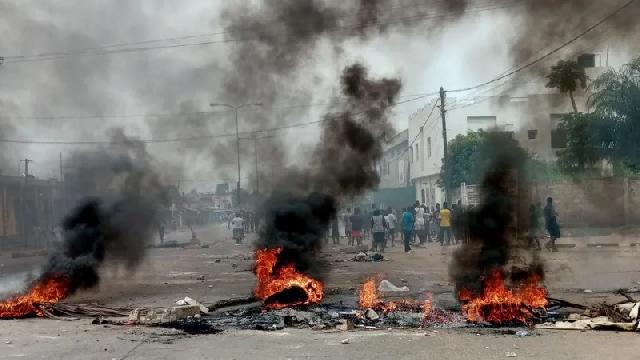 Chao in Togo
Chao in Togo
Prominent Ghanaian lawyer and human rights advocate, Timothy Selikem Donkor, has strongly criticised the Government of Ghana and the Economic Community of West African States (ECOWAS) for their silence and inaction in the face of a deepening constitutional and human rights crisis in neighbouring Togo.
Speaking on Class Media’s Ho FM Morning Show with Togbe Ahorgo I, Donkor described the situation in Togo as a “constitutional coup,” warning that recent constitutional amendments being pushed through without public consultation or referenda pose a serious threat to democracy in the region.
Donkor expressed disappointment over what he called the “ineptitude, callousness, and carelessness” of Ghana’s current leadership under President John Dramani Mahama, contrasting it with the decisive stance Ghana took under Mahama’s earlier administration.
He recalled Ghana’s role in the ECOWAS-led military intervention in The Gambia in 2017, which helped remove President Yahya Jammeh after he refused to concede electoral defeat.
“Shockingly, the same country that once stood up for democracy in The Gambia is now mute while a fellow ECOWAS member state undermines its constitution,” Donkor said.
Citing Article 290 of Ghana’s 1992 Constitution, which mandates referenda for key constitutional amendments, Donkor accused Ghana of turning a blind eye as Togo flouts similar democratic norms.
He argued that Ghana’s moral authority within ECOWAS is being eroded by its current passive posture.
He also warned that Ghana’s silence could have broader regional consequences, particularly for the Volta, Oti, and Northern regions—areas with strong ethnic, cultural, and historical ties to former Togoland, now Togo.
On the ground in Togo, Donkor painted a grim picture of political repression, media censorship, and state-sponsored violence. He reported that at least 68 protesters were arrested last Saturday, with several allegedly tortured in detention.
Journalists, he said, have been coerced into retracting anti-government stories under duress.
Donkor called on Ghana’s Parliament and especially MPs representing border communities to speak out.
“We are even ready to help them draft statements.
What are they afraid of?” he asked.
He concluded with a passionate plea for Ghana to uphold its democratic values and take a principled stand:
“Diplomacy is not always about staying silent. Sometimes silence itself becomes complicity.
Ghana must not betray the very ideals it claims to champion.”
Trending News

Lawyer slams Ghana, ECOWAS over silence on Togo’s constitutional crisis
12:38
Ghanaian extradited to U.S. over multi-million dollar romance scam
06:58
Asantehene meets Kusang Traditional Council in push for lasting peace in Bawku
12:31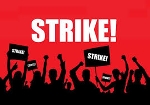
TEWU-GH declares indefinite nationwide strike over union representation dispute
12:23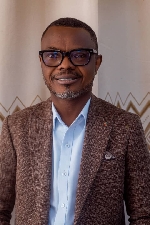
Volta GWCL boss outlines achievements and urges sustained commitment amid transition
00:11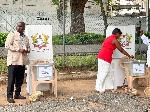
GJA goes to the polls today
13:34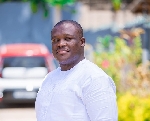
Communications Minister assures press freedom as anti-misinformation Bill heads to Parliament
11:54
Fafa Radio CEO calls for unity and support for new GJA leadership
23:55
E/R: Atiwa West DCE leads reclamation drive to combat dangers of abandoned mining pits
09:40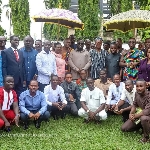
Ashanti Regional Lands Commission board inaugurated to enhance land governance
11:38



